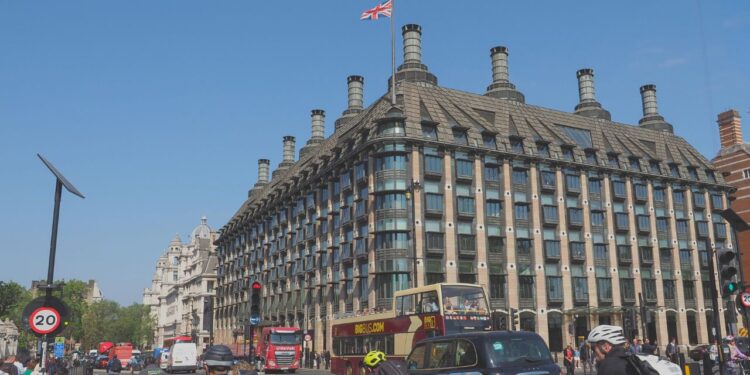The flexible office space industry is demonstrating resilience and growth in the face of changing work patterns and bankruptcy drama faced by WeWork.
For example, Workspace, a leading provider of flexible office spaces in London, reported a notable increase in profits — with a trading profit up 6.1% from last year, according to an article published by CITY A.M.
Workspace’s success is not an isolated case. For instance, IWG, a major competitor in the flexible office space market, has been aggressively actively expanding its global footprintexpanding its global footprintexpanding its global footprint amid WeWork’s bankruptcy proceedings, adding over 600 locations this year, even buying up some of WeWork’s former locations.
IWG is not the only WeWork competitor capitalizing on the industry giant’s fallout. Premier Workspaces recently announced that it is actively exploring opportunities to acquire coworking locations from landlords where WeWork is planning to exit leases amid the company’s bankruptcy proceedings.
The expansion and growth of these companies reflects that demand for flexible workspaces isn’t decreasing in the face of WeWork’s financial challenges. It shows how businesses and working professionals still recognize the value of having a physical office space — especially when those spaces offer greater flexibility and room for collaboration.
While traditional office models may be under pressure, with landlords encountering high office vacancy rates, the demand for adaptable, short-term, and versatile office solutions is growing.















